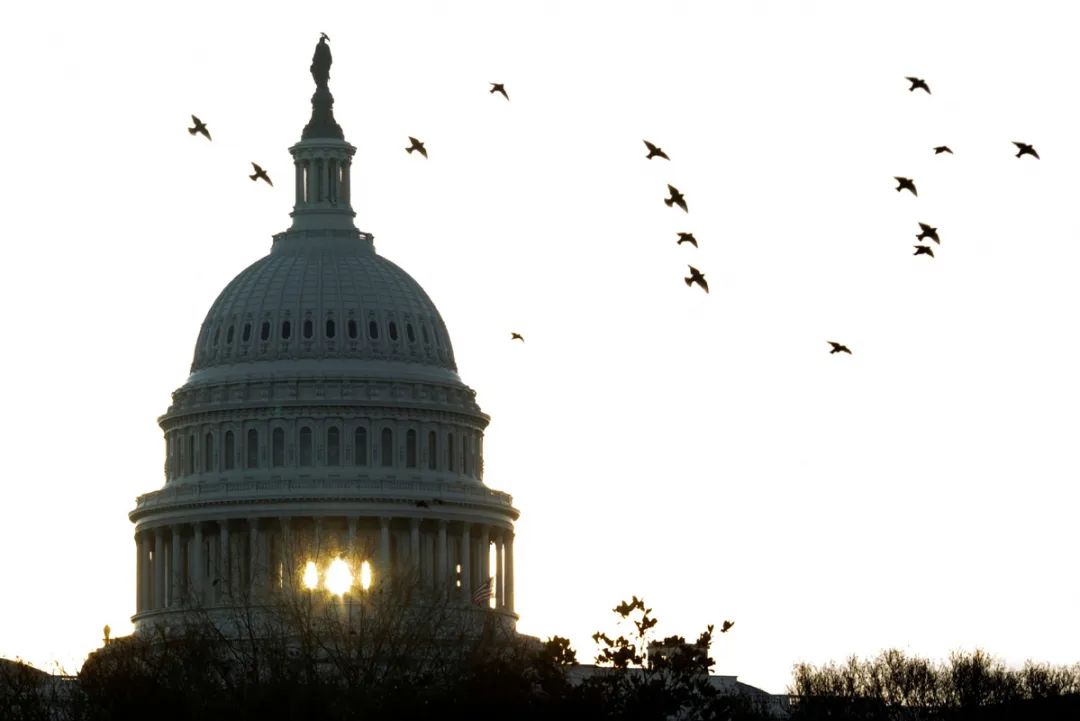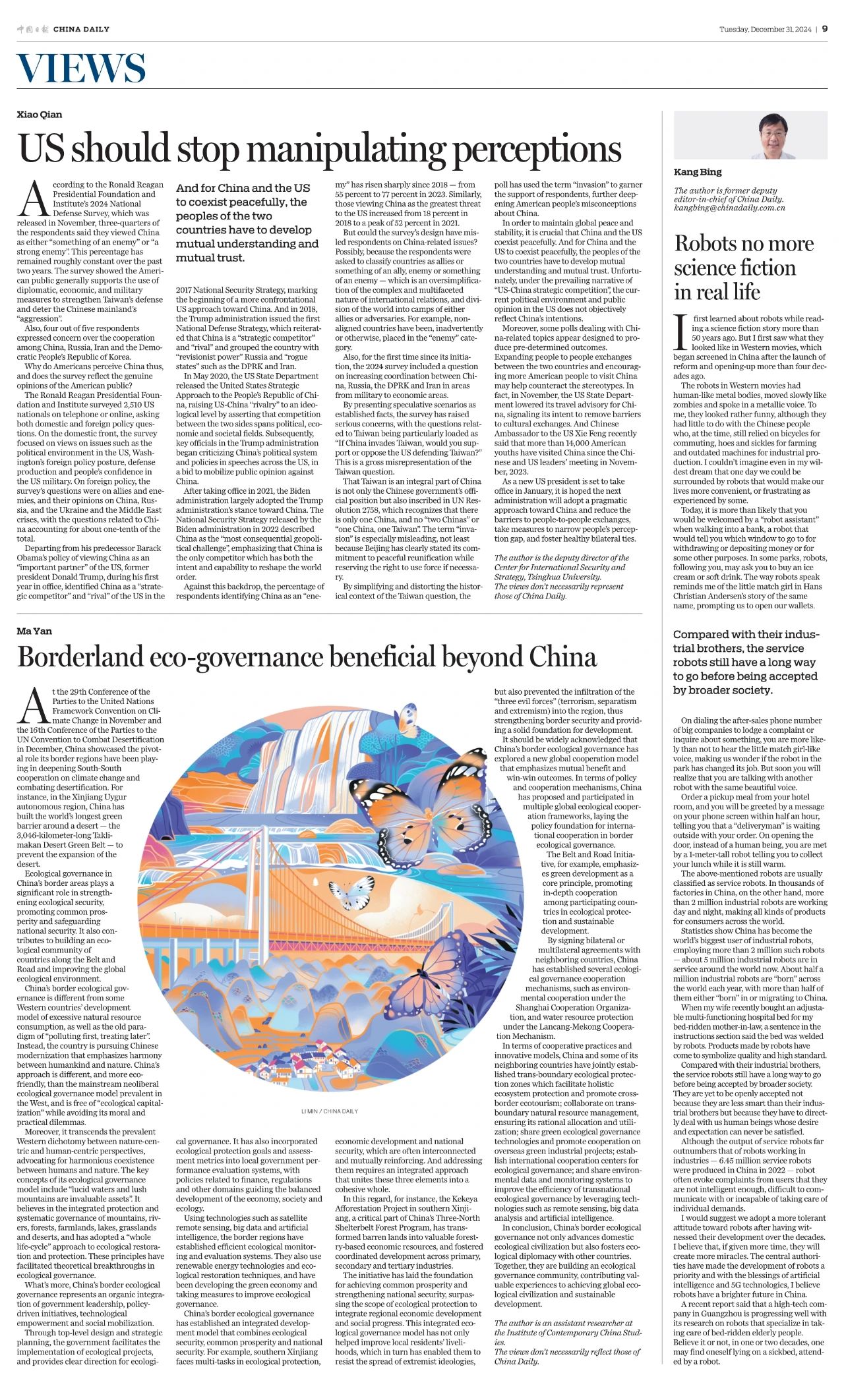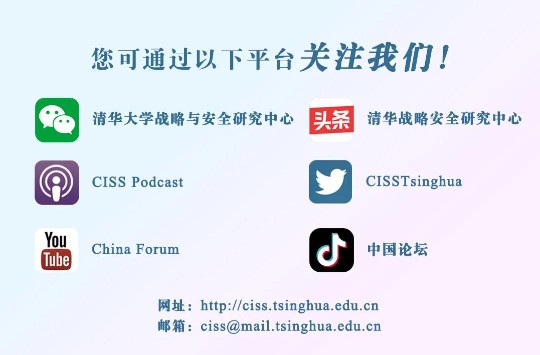肖茜:清华大学战略与安全研究中心副主任
编者按:2024年12月31日,清华大学战略与安全研究中心副主任肖茜应约在《中国日报》撰文,对近日发布的《里根国防调查报告》 结果进行分析。文章指出,2018年美政府将中国定位为“战略竞争者”并反复强调“生存性威胁”,导致美国民众对华认知存在严重偏见。此民调涉华问题的设定也对受问民众产生误导。文章强调, 中美两国未来和平共处,亟需双方重建互信,期待美国新政府对华采取务实态度,取消人文交流的障碍,采取措施缩小双方认知鸿沟,培育健康的双边关系。

According to the Ronald Reagan Presidential Foundation and Institute's 2024 National Defense Survey, which was released in November, three-quarters of the respondents said they viewed China as either "something of an enemy" or "a strong enemy". This percentage has remained roughly constant over the past two years. The survey showed the American public generally supports the use of diplomatic, economic, and military measures to strengthen Taiwan's defense and deter the Chinese mainland's "aggression".
Also, four out of five respondents expressed concern over the cooperation among China, Russia, Iran and the Democratic People's Republic of Korea.
Why do Americans perceive China thus, and does the survey reflect the genuine opinions of the American public?
The Ronald Reagan Presidential Foundation and Institute surveyed 2,510 US nationals on telephone or online, asking both domestic and foreign policy questions. On the domestic front, the survey focused on views on issues such as the political environment in the US, Washington's foreign policy posture, defense production and people's confidence in the US military. On foreign policy, the survey's questions were on allies and enemies, and their opinions on China, Russia, and the Ukraine and the Middle East crises, with the questions related to China accounting for about one-tenth of the total.
Departing from his predecessor Barack Obama's policy of viewing China as an "important partner" of the US, former president Donald Trump, during his first year in office, identified China as a "strategic competitor" and "rival" of the US in the 2017 National Security Strategy, marking the beginning of a more confrontational US approach toward China. And in 2018, the Trump administration issued the first National Defense Strategy, which reiterated that China is a "strategic competitor" and "rival" and grouped the country with "revisionist power" Russia and "rogue states" such as the DPRK and Iran.
In May 2020, the US State Department released the United States Strategic Approach to the People's Republic of China, raising US-China "rivalry" to an ideological level by asserting that competition between the two sides spans political, economic and societal fields. Subsequently, key officials in the Trump administration began criticizing China's political system and policies in speeches across the US, in a bid to mobilize public opinion against China.
After taking office in 2021, the Biden administration largely adopted the Trump administration's stance toward China. The National Security Strategy released by the Biden administration in 2022 described China as the "most consequential geopolitical challenge", emphasizing that China is the only competitor which has both the intent and capability to reshape the world order.
Against this backdrop, the percentage of respondents identifying China as an "enemy" has risen sharply since 2018 — from 55 percent to 77 percent in 2023. Similarly, those viewing China as the greatest threat to the US increased from 18 percent in 2018 to a peak of 52 percent in 2021.
But could the survey's design have misled respondents on China-related issues? Possibly, because the respondents were asked to classify countries as allies or something of an ally, enemy or something of an enemy — which is an oversimplification of the complex and multifaceted nature of international relations, and division of the world into camps of either allies or adversaries. For example, nonaligned countries have been, inadvertently or otherwise, placed in the "enemy" category.
Also, for the first time since its initiation, the 2024 survey included a question on increasing coordination between China, Russia, the DPRK and Iran in areas from military to economic areas.
By presenting speculative scenarios as established facts, the survey has raised serious concerns, with the questions related to Taiwan being particularly loaded as "If China invades Taiwan, would you support or oppose the US defending Taiwan?" This is a gross misrepresentation of the Taiwan question.
That Taiwan is an integral part of China is not only the Chinese government's official position but also inscribed in UN Resolution 2758, which recognizes that there is only one China, and no "two Chinas" or "one China, one Taiwan". The term "invasion" is especially misleading, not least because Beijing has clearly stated its commitment to peaceful reunification while reserving the right to use force if necessary.
By simplifying and distorting the historical context of the Taiwan question, the poll has used the term "invasion" to garner the support of respondents, further deepening American people's misconceptions about China.
In order to maintain global peace and stability, it is crucial that China and the US coexist peacefully. And for China and the US to coexist peacefully, the peoples of the two countries have to develop mutual understanding and mutual trust. Unfortunately, under the prevailing narrative of "US-China strategic competition", the current political environment and public opinion in the US does not objectively reflect China's intentions.
Moreover, some polls dealing with China-related topics appear designed to produce pre-determined outcomes. Expanding people to people exchanges between the two countries and encouraging more American people to visit China may help counteract the stereotypes. In fact, in November, the US State Department lowered its travel advisory for China, signaling its intent to remove barriers to cultural exchanges. And Chinese Ambassador to the US Xie Feng recently said that more than 14,000 American youths have visited China since the Chinese and US leaders' meeting in November, 2023.
As a new US president is set to take office in January, it is hoped the next administration will adopt a pragmatic approach toward China and reduce the barriers to people-to-people exchanges, take measures to narrow people's perception gap, and foster healthy bilateral ties.

This article was first published on China Daily on December 31, 2024

